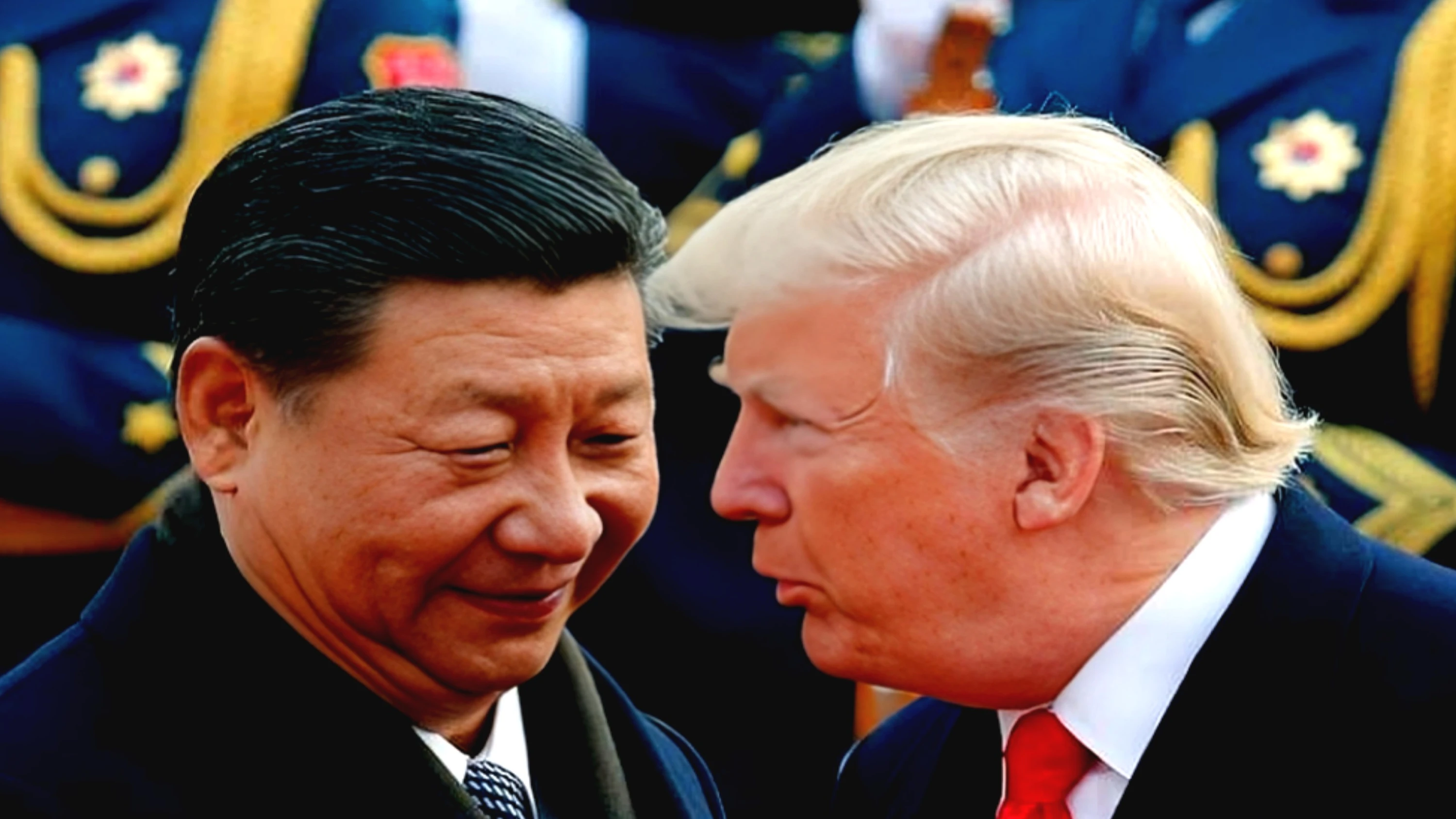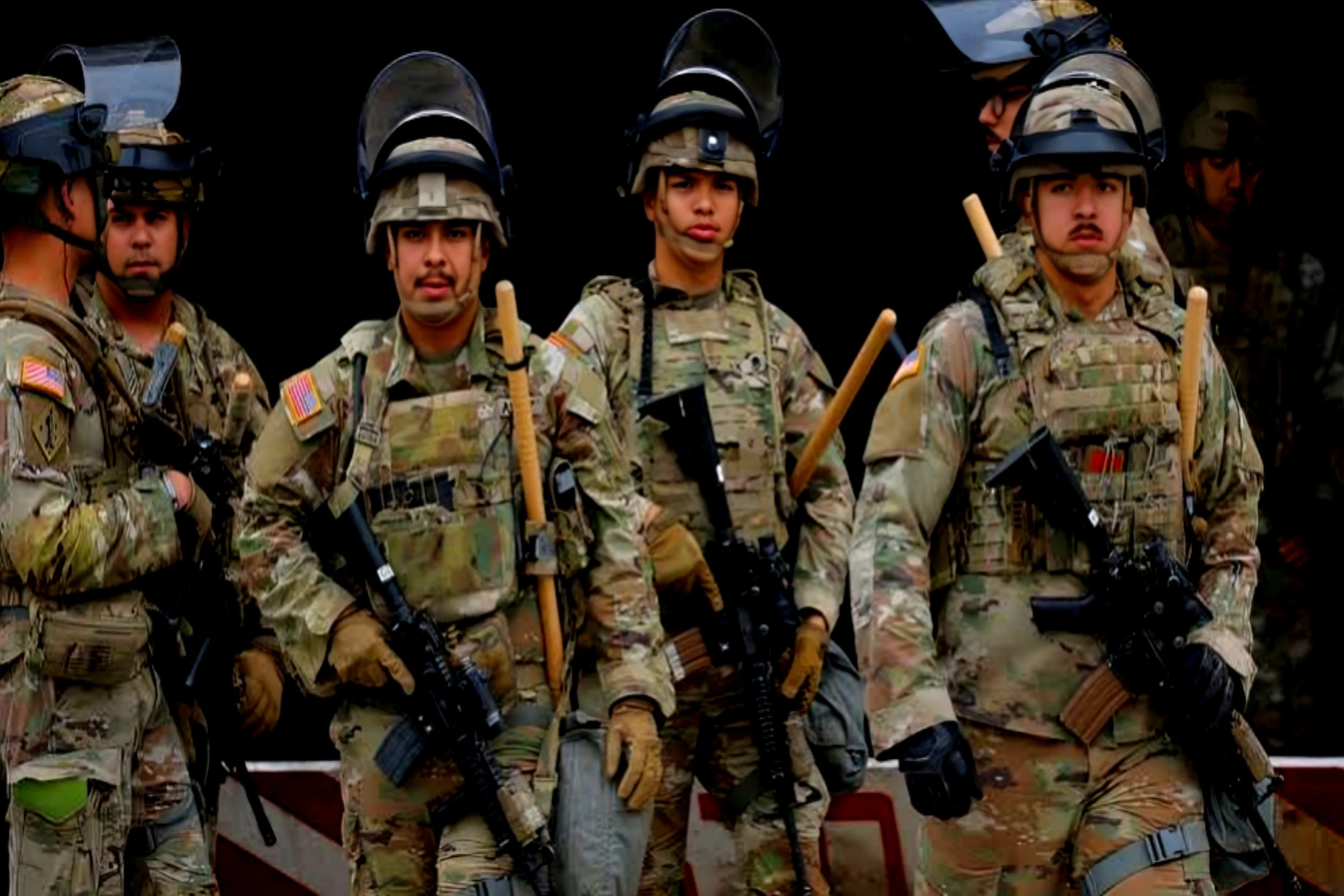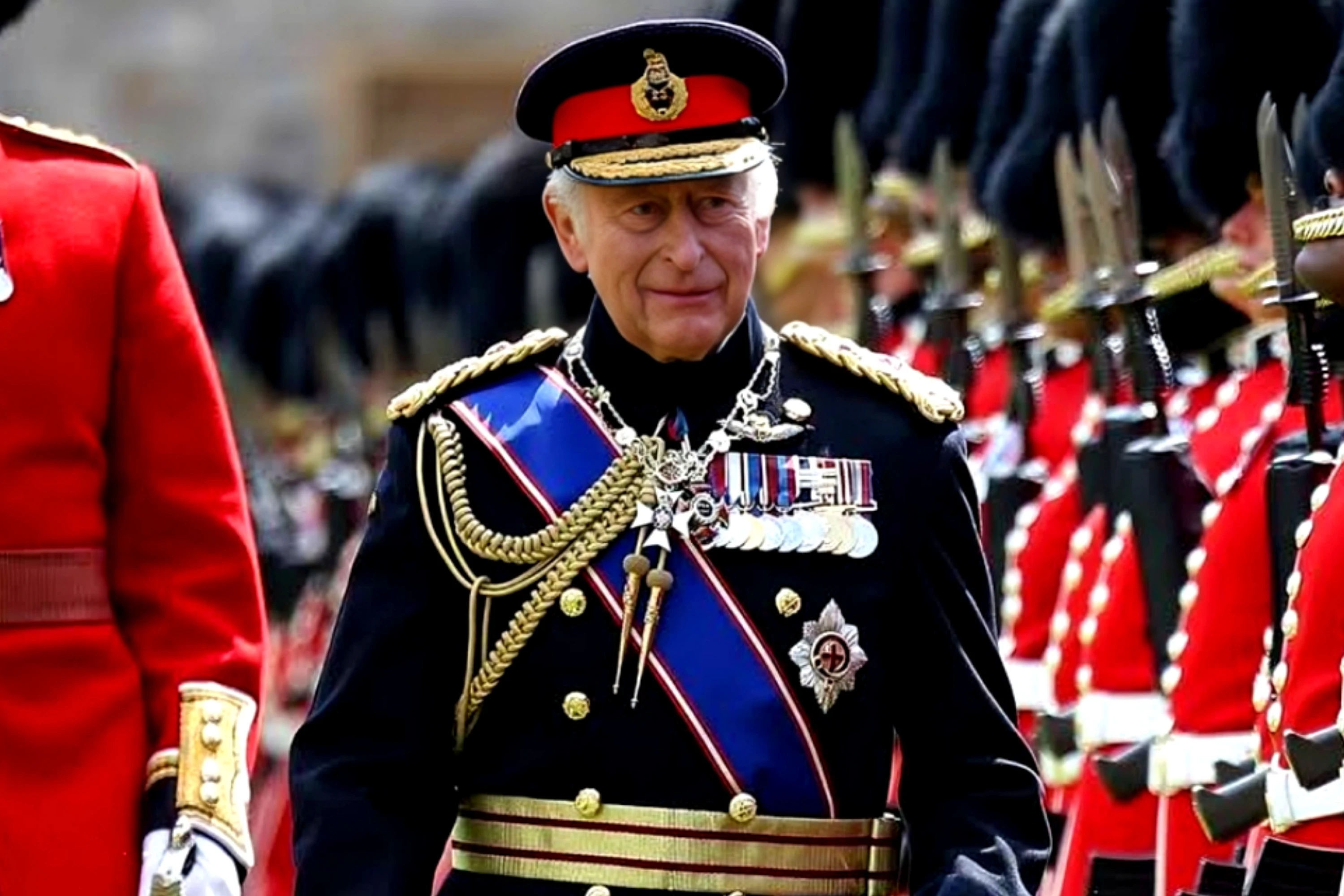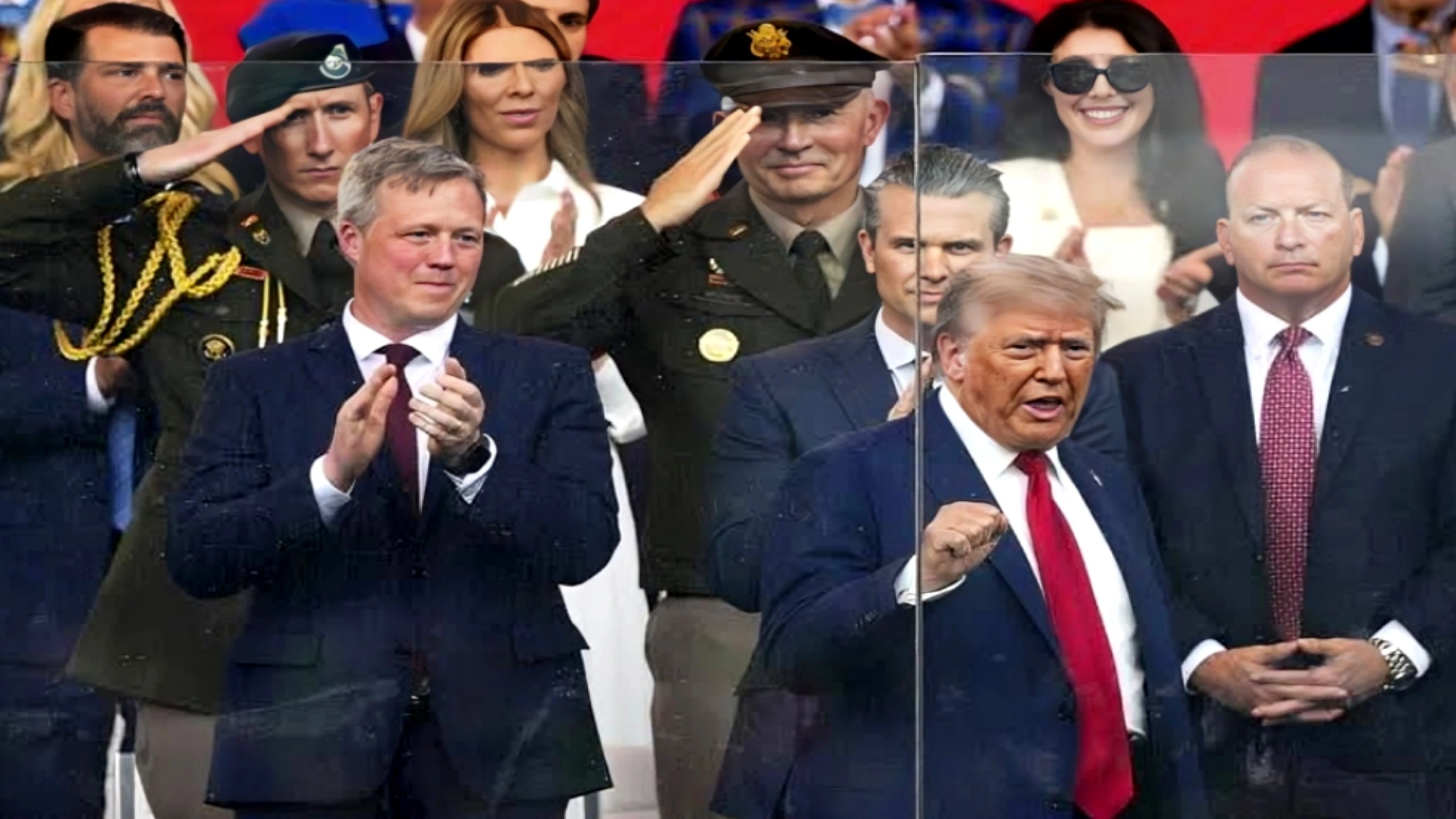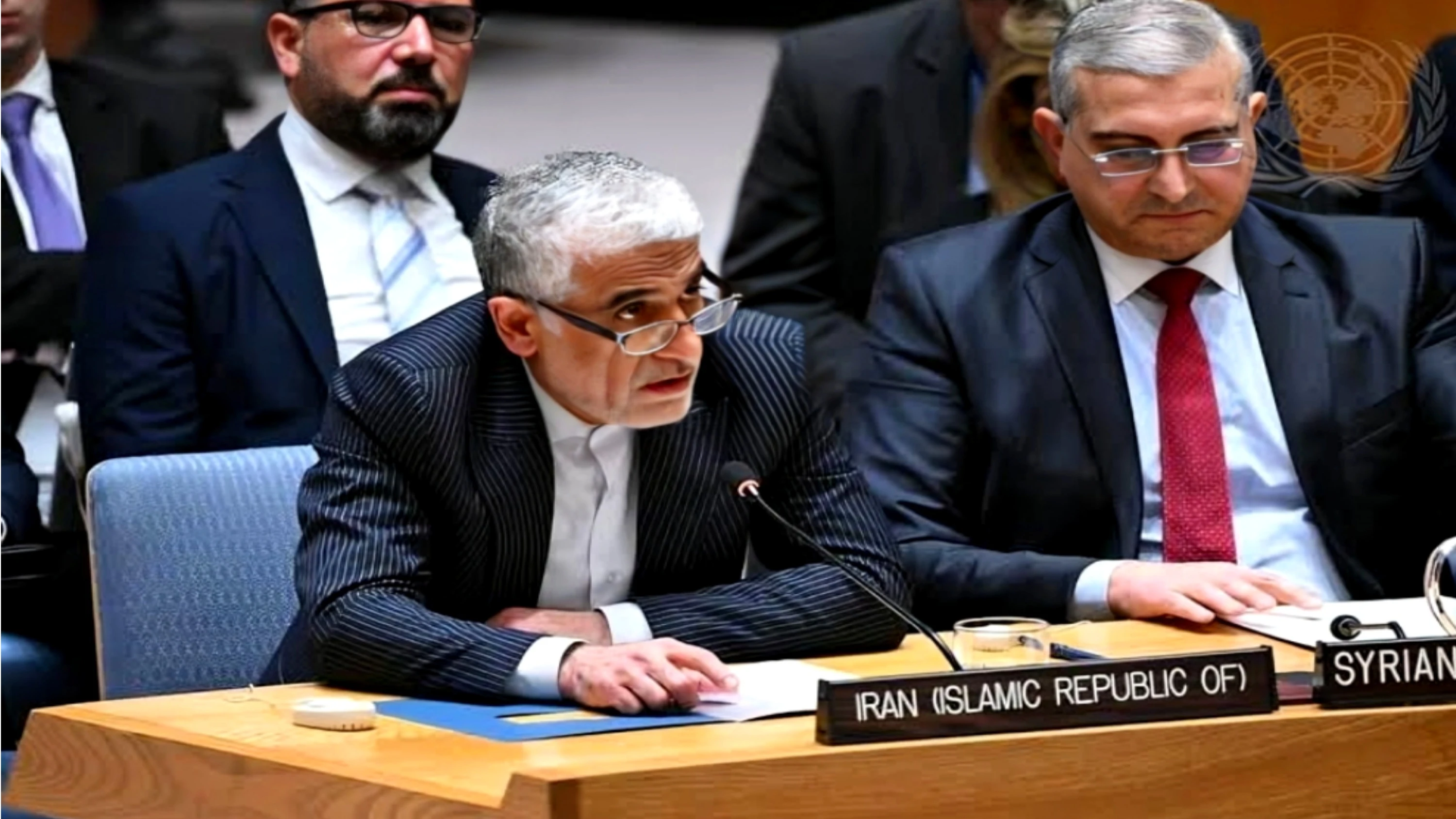Washington: U.S. President Donald Trump has issued a stern warning to China, demanding the removal of Beijing's 34% retaliatory tariffs. If China fails to comply by Tuesday, Trump has threatened to impose an additional 50% tariff on Chinese imports.
This announcement came after China responded to earlier U.S. tariffs by implementing a 34% tax on American goods last Friday. In a social media post on Monday, Trump gave Beijing a final deadline, saying failure to act would result in further economic consequences.
China's embassy in Washington swiftly responded, accusing the U.S. of "economic coercion" and vowing to defend its "legitimate rights and interests."
If Trump's threat is enforced, total tariffs on Chinese imports to the U.S. could climb to 104%—an increase from the previous 46%, with a 20% hike in March and a potential 34% addition now.
The prospect of a deeper trade war between the world's two largest economies has triggered global market turmoil. Trump, however, defended the move, stating, “Sometimes, to heal, you need to take medicine,” and assured Americans that the tariffs would bring jobs and investment back to the U.S.
Senior administration officials reaffirmed the government's commitment to enforcing the tariffs despite recession concerns. Following Trump's remarks, Asian stock markets plummeted Monday morning: Japan’s Nikkei 225 dropped by 7.8%, and Hong Kong’s Hang Seng Index fell over 12%, while Indian and Pakistani markets faced intense pressure.
On Friday, U.S. markets suffered their worst week since 2020, with major indexes falling over 5%, including a nearly 6% drop in the S&P 500. Saudi Arabia’s state media also reported a 7% decline in its stock market, the steepest since the COVID-19 pandemic.
Investment bank J.P. Morgan warned that the new tariffs have raised the likelihood of a U.S. and global recession to 60%.
European markets followed suit, with Germany’s DAX plunging by approximately 7% and London’s FTSE Index falling nearly 6%. Earlier in the day, Asian markets had already shown signs of severe volatility following the tariff announcements.
Despite the financial instability, China reassured American companies of a stable investment environment. On Sunday, Chinese Vice Minister of Commerce Ling Ji met with executives from top U.S. firms, including Tesla, emphasizing Beijing’s continued support for foreign investors.
Hong Kong’s Hang Seng Index continued its downward trajectory into its third day, now showing a 12% loss. Japan’s Nikkei fell by 6.5%, while China’s main stock index dropped over 6%. Investors fear that the ongoing tariff escalation could severely harm the global economy.
The Nikkei Index, representing Japan's top 225 firms, fell below 33,000 units for the first time since August 2024. The broader Topix Index also reported a loss of more than 7.5%.
Japanese Prime Minister Shigeru Ishiba stated Monday that Japan would urge the U.S. to reduce tariffs, but cautioned that “results won’t come overnight.”
President Trump, during an airborne press briefing Sunday night, said European and Asian countries were “eager to strike a deal.” Responding harshly to a reporter's question about inflation and recession fears, he said: “Frankly, that’s a stupid question. I don’t want things to get worse, but sometimes you need medicine to cure the pain.”
The Tokyo Stock Exchange, the world’s third-largest, plays a major role in the global economy, hosting stocks of giants like Toyota, Sony, and Mitsubishi. Its recent plunge signals wider concerns.
By the end of last week, the global stock market had lost an estimated $5 trillion in value, with analysts warning of more losses if tensions persist.
Tariff increases are heaviest in Asia, where many U.S. firms manufacture products. According to senior Asia-Pacific economist Qian Wang, “Asia is currently bearing the brunt of the U.S. tariff hikes.”
She added, “Even if hopes for negotiation remain slim, the implementation of high tariffs continues. This is a negative signal for both the global economy and Asia.”
Beijing’s response to U.S. tariffs may further complicate trade tensions. China confirmed its own 34% retaliatory tariffs, while the U.S. claims that leaders from over 50 countries have requested discussions on the new policies.
The tariffs will also be a central topic of discussion between Trump and Israeli Prime Minister Benjamin Netanyahu in their upcoming White House meeting. Netanyahu, the first global leader to meet Trump since his re-election, will be the first to formally address the tariff issue with him.


